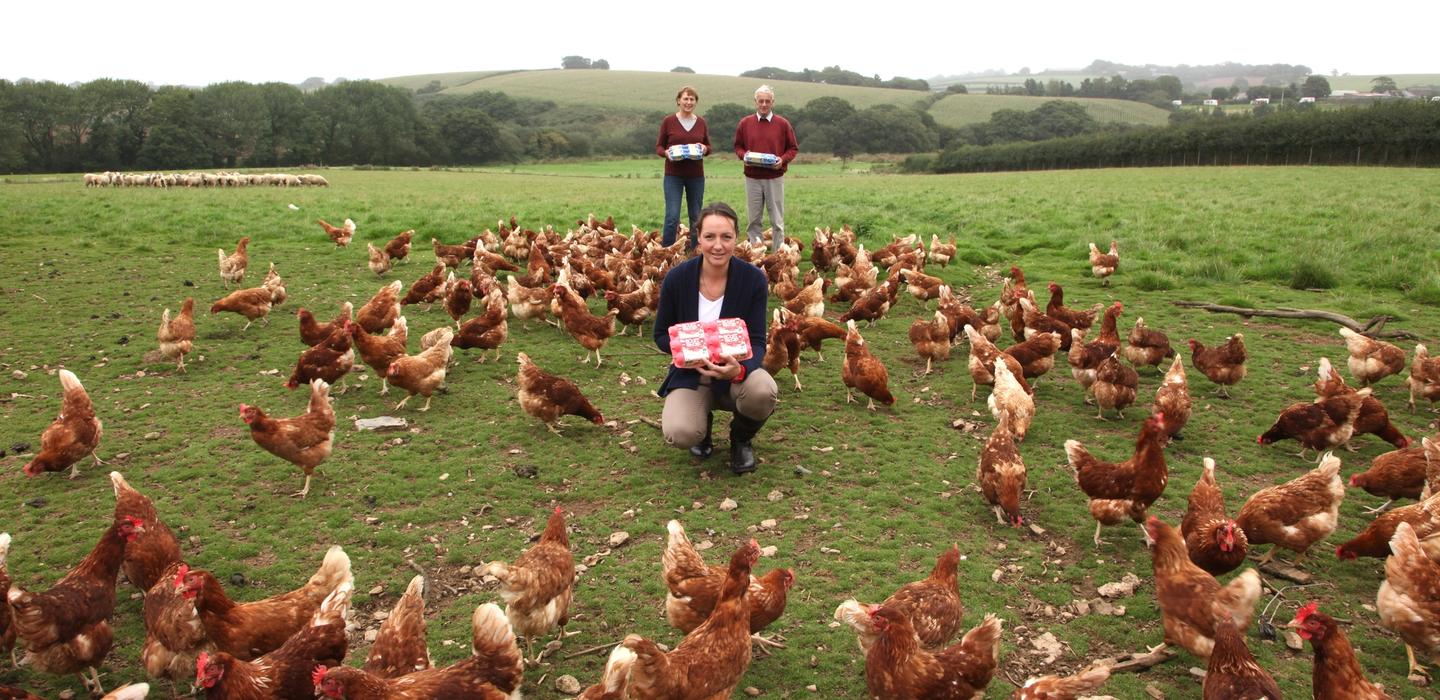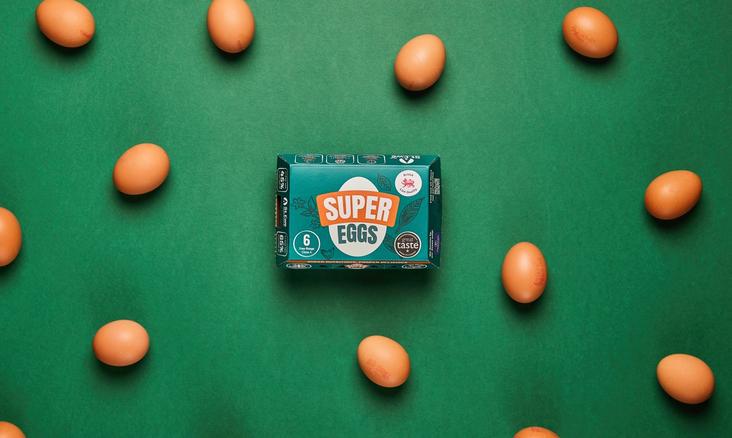
Pancreatic Cancer UK
At St. Ewe, we believe in the power of purpose - and nothing has united our team more passionately than our long-standing partnership with Pancreatic Cancer UK.
Our journey began in 2016, not with a grand campaign or a headline, but with a heartfelt connection. Our founders family history with pancreatitis brought this often-overlooked disease into sharp focus. From that moment, we knew we had a role to play in raising awareness, supporting families, and funding the vital research needed to improve survival rates.
Why Pancreatic Cancer UK?
Pancreatic cancer is the quickest-killing, lowest-surviving cancer in the UK. Over half of those diagnosed die within just three months, and unlike many other cancers, survival rates have barely improved in decades.
But there is hope and Pancreatic Cancer UK is leading the charge. Through funding ground-breaking research, providing specialist support, and campaigning for change, they’re determined to transform the future of this devastating disease.

Our Impact, Together
Since those early days, we’ve proudly grown into PCUK’s longest-standing corporate supporter, raising £110,000 through a mix of creativity, community spirit, and a splash of St. Ewe boldness.
But, what’s next?
We’re not stopping here. The fight against pancreatic cancer needs momentum, and we’re proud to play our part in fuelling it.
Our partnership with Pancreatic Cancer UK is more than a collaboration - it’s a commitment. To keep raising awareness. To keep fundraising. And to keep cracking on until everyone affected by this disease gets the support and hope they deserve.
How can you help PCUK?
For each carton of Super Eggs you buy we will pledge to donate 5p to Pancreatic Cancer UK, it's as simple as that!
Alternatively, you can head to the PCUK website and donate directly.
What is the pancreas?
The pancreas is often described as having a head, body and tail. It is surrounded by several large and important organs and blood vessels. The head of the pancreas is next to the duodenum. The bile duct carries a fluid called bile from the liver. It passes through the head of the pancreas and empties into the duodenum. The blood vessels that carry blood to the liver, intestines, kidneys and lower part of the body are very close to the pancreas and may touch it.
The pancreas is part of the digestive system and has two main functions:
- It makes pancreatic juices which contain substances called enzymes. These enzymes help to break down food so the body can absorb it. The pancreatic juices flow down a tube called the pancreatic duct, which runs the length of the pancreas and empties into the duodenum (the first part of the small intestines).
- The pancreas also makes hormones, including insulin, which control sugar levels in the blood.
Both of these functions can be affected if the pancreas isn’t working properly.
What are the symptoms of pancreatic cancer?
Often, Pancreatic cancer doesn’t show any signs or cause symptoms in the early stages, which can make it incredibly hard to diagnose early.
As the cancer grows, it may start to cause more obvious symptoms, but this can vary for each person.
Common symptoms include:
- tummy (abdominal) and back pain
- unexplained weight loss
- indigestion
Other symptoms include:
- loss of appetite
- changes to bowel habits – including steatorrhoea (pale, smelly poo that may float)
- diarrhoea (loose watery poo) or constipation (problems emptying your bowels)
- jaundice (yellow skin and eyes, dark urine and itchy skin)
- recently diagnosed diabetes problems digesting food – such as feeling full quickly when eating
- bloating, burping or lots of wind
- feeling or being sick (nausea and vomiting)
- difficulty swallowing
For a more comprehensive list, please visit Pancreatic Cancer UK's website for more details.
If you are worried about any symptoms, please contact your GP.
Why do we support Pancreatic Cancer UK?
Pancreatic Cancer UK is a cause close to the Tonks family because they carry a gene that causes acute pancreatitis.
After many painful bouts of pancreatitis, The Tonks' went on a quest to see if there was anything they could do to help reduce the impact and damage caused when the pancreas is under trauma.
They learnt that researchers at the University of Liverpool were running a trial which investigated whether giving people with pancreatitis organic selenium (Antox®) and magnesium (Magnesiocard®) can reduce the oxidative damage to the cell walls around the pancreas.
Around this time, Bex and her team came across an article in a poultry magazine highlighting a product called Sel-Plex® (organic selenium), which can be added to the hens’ feed.
The hens absorb the selenium and deposit it into their eggs, this means our Super Eggs are packed with high levels of Selenium, Vitamin D, and DHA Omega-3, key nutrients that support overall health and well-being.
Just two Super Eggs provide an impressive 45% of your daily Selenium needs and 65% of your DHA Omega-3, making them an indispensable switch-up to your diet.




